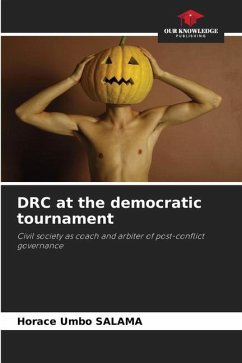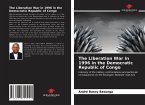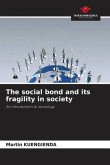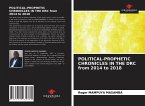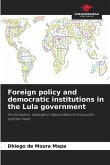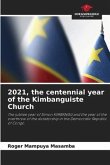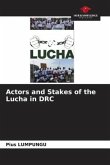In 2006, the Democratic Republic of Congo (DRC) entered a new era with the holding of plural and democratic elections. In this new era, civil society, which had claimed to be both the "vanguard" and the "watchdog" of democratization and peacemaking, found itself in a state of lethargy, divided and confused by politics. This raises questions about the commitment of civil society actors in times of conflict, while it is lethargic in post-conflict periods. Also, as in other African countries, Congolese civil society suffers from a tailor's complex and has difficulty integrating the dynamics of protest. This study is built around a systemic analysis and a Herculean challenge that must be the main societal task that will bring civil society in line with its original function.
Bitte wählen Sie Ihr Anliegen aus.
Rechnungen
Retourenschein anfordern
Bestellstatus
Storno

